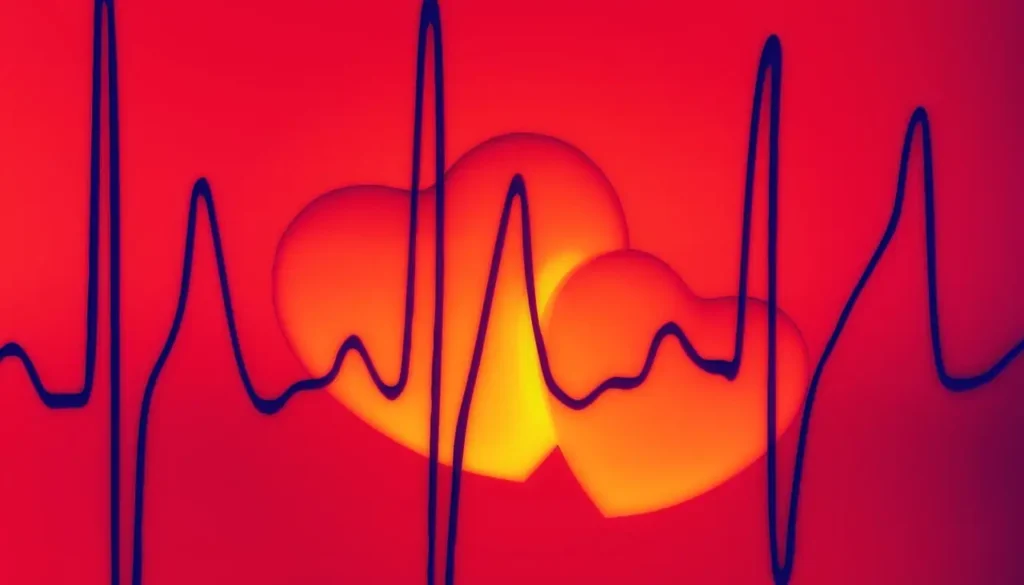What Does 90/60 Blood Pressure Mean|Trendglintz.com

Blood pressure is recorded with two numbers. The first is systolic pressure, which measures the pressure in your arteries when your heart beats. The second is diastolic pressure, which measures the pressure in your arteries when your heart rests between beats. In the case of a 90/60 blood pressure reading, the systolic pressure is 90 mm Hg (millimeters of mercury), and the diastolic pressure is 60 mm Hg.
While 90 over 60 blood pressure is generally considered low, it can be normal for many people. It’s essential to understand how this reading fits into the overall concept of healthy blood pressure levels and whether it poses any health risks.
Is 90/60 Blood Pressure Normal?
For some individuals, 90/60 blood pressure can be perfectly normal. It often depends on the person’s age, overall health, and other factors. Many healthy adults, especially younger people or those who are physically fit, might have naturally low blood pressure without any symptoms. However, in some cases, 90/60 BP can be a sign of low blood pressure, also known as hypotension 90/60, which may require attention if accompanied by symptoms.
Symptoms of Low Blood Pressure
When blood pressure falls too low, it can cause various symptoms, which might include:
- Dizziness from low blood pressure
- Fainting
- Blurred vision
- Fatigue
- Nausea
These symptoms may arise because the blood flow to the brain and other organs isn’t sufficient. If you consistently experience these symptoms, it’s crucial to seek medical advice.
Causes of 90/60 Blood Pressure
There are several potential causes for 90/60 blood pressure. Some of the common causes include:
- Dehydration: When the body loses more water than it takes in, blood pressure can drop. Dehydration can be a direct link between 90/60 blood pressure and dehydration.
- Heart issues: Certain heart conditions can lead to lower blood pressure.
- Pregnancy: Low blood pressure is common in the early stages of pregnancy, which is why low blood pressure in pregnancy is often monitored closely.
- Medications: Some drugs, especially those used to treat high blood pressure, can cause blood pressure to drop too low.
Risks of 90/60 Blood Pressure
Having a BP of 90 over 60 in adults may or may not be harmful depending on other factors. Generally, it’s only a concern if it causes symptoms or is associated with an underlying medical condition. In some cases, 90/60 blood pressure can lead to risks such as:
- Reduced oxygen flow to the brain: This can result in dizziness, fainting, or even more severe complications.
- Low blood pressure in the elderly: As people age, the body’s ability to regulate blood pressure can decrease. This makes 90/60 BP in the elderly more concerning, especially if they experience symptoms.
Hypotension Diagnosis
If your doctor suspects you have hypotension 90/60, they may perform tests to determine the cause. Diagnosis often includes:
- Blood pressure readings over time.
- Blood tests to check for underlying issues.
- ECGs to assess heart function.
Understanding the hypotension diagnosis helps determine if treatment is necessary and how to best manage it.
Visit: Trendglintz
Treatment for Low Blood Pressure
In most cases, if 90 over 60 blood pressure doesn’t cause symptoms, no treatment is needed. However, if symptoms are present, treatments may include:
- Increasing salt intake: Sodium helps raise blood pressure. Always consult a doctor before increasing salt in your diet.
- Staying hydrated: Drinking more fluids can help prevent 90/60 blood pressure and dehydration.
- Wearing compression stockings: These can help improve blood flow and reduce symptoms of low systolic and diastolic pressure.
- Medications: In some cases, medications are prescribed to raise blood pressure.
How to Raise Low Blood Pressure
Here are a few simple tips for managing 90 over 60 blood pressure:
- Eat smaller, more frequent meals: Large meals can cause blood pressure to drop, so it’s often recommended to eat smaller meals throughout the day.
- Avoid alcohol: Alcohol can lower blood pressure even further.
- Move slowly: Rising from a sitting or lying position too quickly can cause a sudden drop in blood pressure, leading to dizziness.
90/60 Blood Pressure and Heart Rate

Blood pressure and heart rate are two different measurements, but they are related. If you have 90/60 blood pressure and notice an unusually fast or slow heart rate, it’s worth discussing with your doctor. Sometimes, changes in heart rate can be a sign of an underlying issue related to low blood pressure.
90 Over 60 Blood Pressure in Children
Children can also have 90/60 blood pressure, and it’s often normal, especially in younger kids. However, if symptoms like fatigue or dizziness are present, parents should consult a doctor to rule out any potential problems.
Conclusion: Maintaining Healthy Blood Pressure
In most cases, 90/60 blood pressure is normal, especially if you feel fine. It’s important to monitor your health and stay hydrated to avoid symptoms of low blood pressure. If you experience symptoms, speak with a healthcare provider for proper diagnosis and treatment.
Understanding healthy blood pressure levels is key to managing your health. By knowing what high blood pressure means, you can make informed decisions and seek help if needed.
FAQs
What is considered low blood pressure?
Low blood pressure is typically any reading below 90/60.
Is high blood pressure dangerous?
It’s not dangerous unless you experience symptoms like dizziness or fainting.
How can I raise low blood pressure?
Increase water intake, eat smaller meals, and avoid standing up quickly.
What causes low blood pressure?
Causes include dehydration, heart issues, and medications.
Can children have 90/60 blood pressure?
Yes, it’s common for children to have low blood pressure, and it’s often normal.






